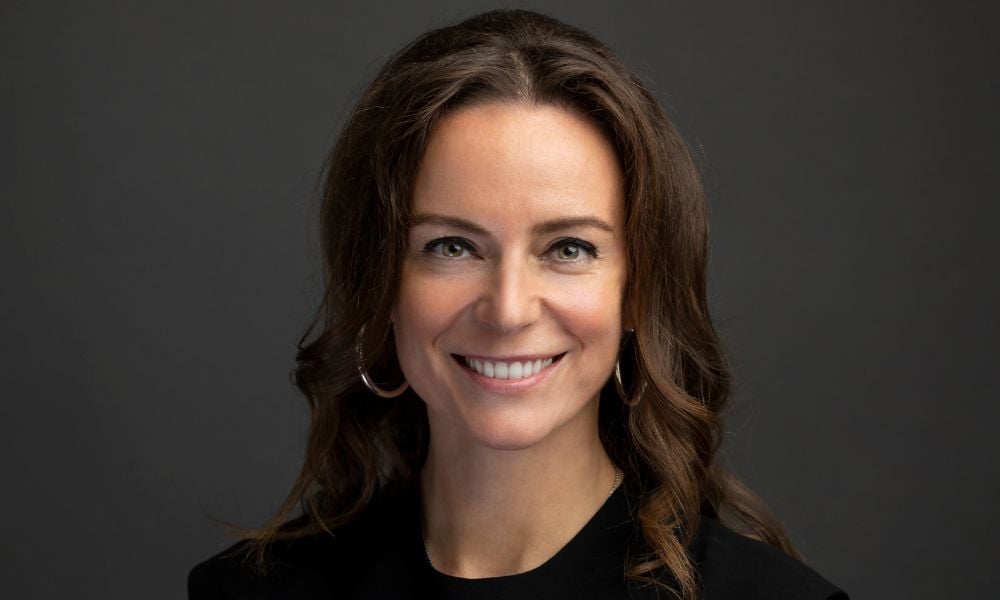HR leader at Metricon to speak at upcoming HRD Wellbeing Summit Australia

When an employee at home construction firm Metricon was diagnosed with a brain tumour, its owner showed up in the employee's kitchen and sat down with him and his family.
The owner told him: "We want you to know not to worry about your salary. We've got you."
This is an example of Metricon's culture of care in the workplace, according to Merril Hotchkin, general manager for people, performance, and culture.
"There's lots of stories of where our leaders showing up in the kitchens of our people when something has happened in their families and they just really care," Hotchkin shared with HRD.
Metricon's culture of care is one of its secrets in remaining resilient during times of personal and organisational challenges.
"We expect our people to perform well but we also care for them as they go through their life stages," said Hotchkin, who will be speaking at the upcoming HRD Wellbeing Summit Australia.
"We've got the mantra: 'We leave no person behind regardless of what they're going through.' And it comes from our leaders, our most senior leaders; it's inherent in who they are."
Resilience amid COVID-19
The outbreak of COVID-19 was a test of resilience for many organisations, Metricon included.
Hotchkin said they were able to remain agile as the organisation divides itself into separate, strategic business units that can adapt to the local market.
"So, we tend to use production cells quite significantly, which enables people to work together in tight groups and teams, production teams, that enable us to ensure that there's a really strong production team support framework going," she explained.
To support its workforce, Hotchkin said they have an Employee Assistance Programme in place, as well as an organisational psychologist who provides coaching.
"We deliver a lot of training," she added. "Our managers in particular are very well trained to be almost first respondents if they see that our teams are struggling."
These managers were trained on identifying mental health areas in cases where employees might need assistance, according to Hotchkin.
"Managers had to be very, very well trained to be able to identify when the people weren't OK," she said. "We trained our managers how to do mental health check-ins with their people, because at times you would see that they would have their cameras off during these sorts of periods."
Resilient workforce at Metricon
A resilient workforce, according to Hotchkin, is one that pulls together during difficult times.
"There were times at Metricon when our back was up against the wall because of the state of the residential construction market; we're not there anymore, but when we were there, what I noticed was, our people, our leaders, and our suppliers just came together and said, ‘We're in this together,’ and it was the power of that togetherness that caused us to be able to exhibit the grit and the survival mentality. It wasn't an option not to survive," she said.
Having a strong workplace culture helped with this resilience, according to Hotchkin, who noted that the strength didn't end with leadership.
"[It was] the way the leaders led with honesty upfront, but also the way that the team pulled together to say we're in this together was really what I think caused us to exhibit our high levels of resilience," she said.
HRD Wellbeing Summit Australia
Hotchkin is expected to join the upcoming HRD Wellbeing Summit, where she feels "really excited" about.
For the summit, the people manager will be talking more about resilience, and how to maintain it through change.
"Resilience and character and courage – they're virtues, they're character virtues and I feel sometimes in corporate training, we don't teach enough the courage and the virtues of being strong and pulling together and being courageous," she said.
According to Hotchkin, leadership and people manager training mostly address what values are and how they like to work.
"But here at Metricon, we tend to train leadership by training virtues and character traits," she said. "So, when the difficult times come, the strength is there because we've been training our leaders that there is the wrong way and the right way often to show up in courage and humanity and care and all of those good things."
"So, if we train in leadership, character traits, then we'll be ready for the stormy weather, because leaders and people have been trained in that."








